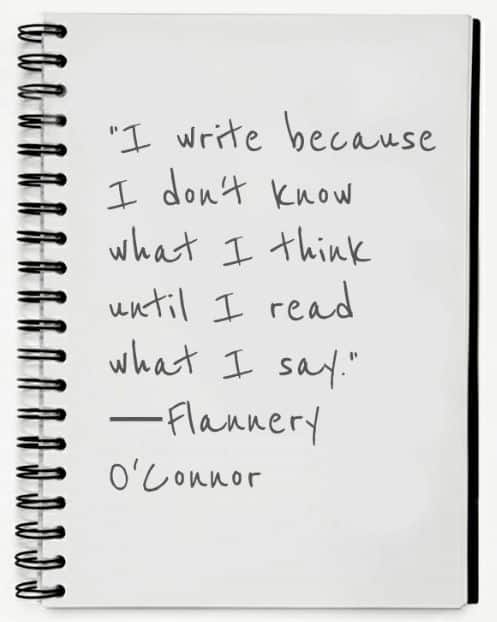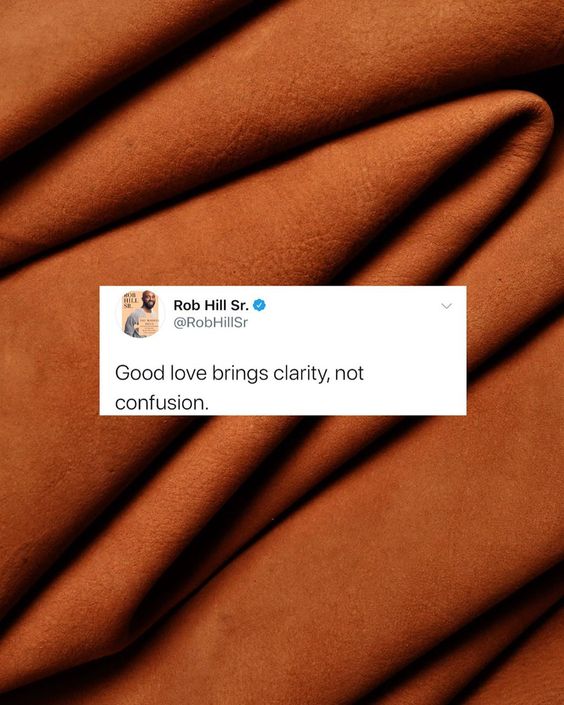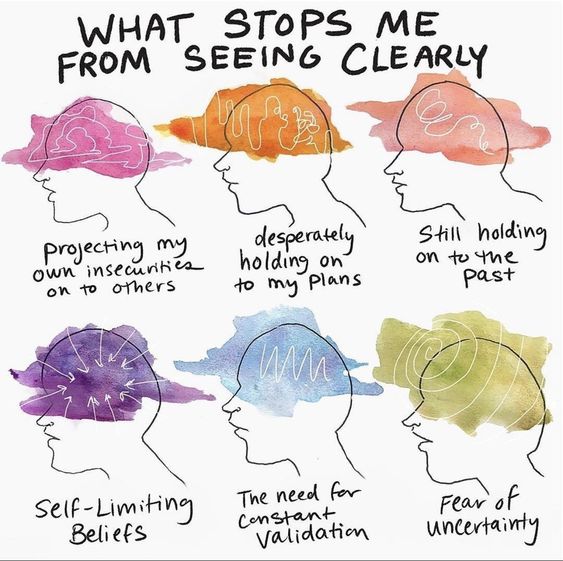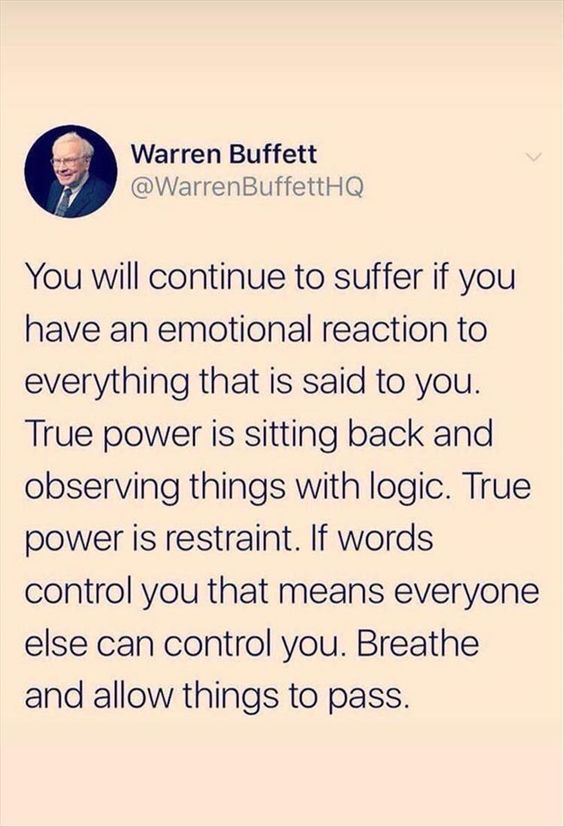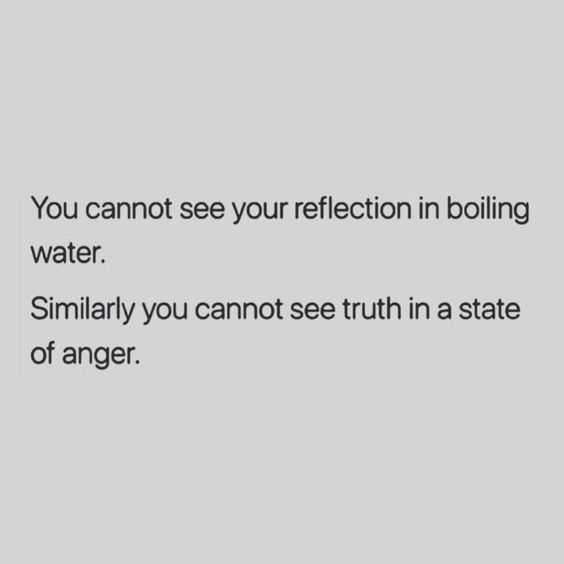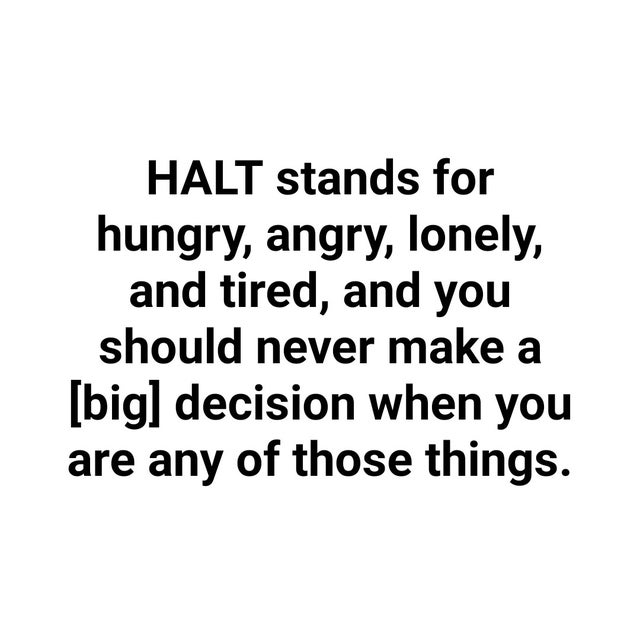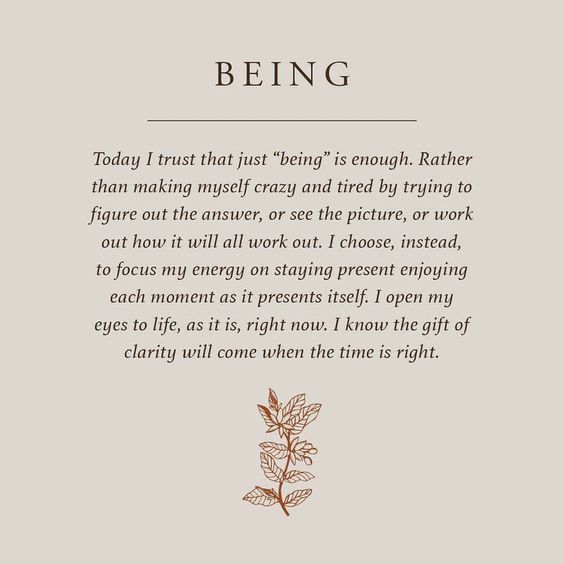“The clearest and simplest notions are almost always concealed by sophisticated meditations.”
Marcus Tullius Cicero, A Calendar of Wisdom (Page 213)
“sometimes deeper mental clarity
is preceded by great internal storms”
Yung Pueblo, Inward (Page 21)
The Daily Stoic [Book]
![The Daily Stoic by Ryan Holiday [Book]](https://movemequotes.com/wp-content/uploads/2022/01/daily-stoic.jpeg)
Book Overview: Why have history’s greatest minds—from George Washington to Frederick the Great to Ralph Waldo Emerson, along with today’s top performers from Super Bowl-winning football coaches to CEOs and celebrities—embraced the wisdom of the ancient Stoics? Because they realize that the most valuable wisdom is timeless and that philosophy is for living a better life, not a classroom exercise.
The Daily Stoic offers 366 days of Stoic insights and exercises, featuring all-new translations from the Emperor Marcus Aurelius, the playwright Seneca, or slave-turned-philosopher Epictetus, as well as lesser-known luminaries like Zeno, Cleanthes, and Musonius Rufus. Every day of the year you’ll find one of their pithy, powerful quotations, as well as historical anecdotes, provocative commentary, and a helpful glossary of Greek terms.
By following these teachings over the course of a year (and, indeed, for years to come) you’ll find the serenity, self-knowledge, and resilience you need to live well.
Post(s) Inspired by this Book:
26 Seneca Quotes from The Daily Stoic on Vices, Virtues, and Fulfillment
“You can’t force clarity when there is none to be had yet.”
Suleika Jaouad, Between Two Kingdoms (Page 315)
“We have an irrational fear of acknowledging our own mortality. We avoid thinking about it because we think it will be depressing. In fact, reflecting on mortality often has the opposite effect—invigorating us more than saddening us. Why? Because it gives us clarity.”
Ryan Holiday, The Daily Stoic (Page 361)
“In your actions, don’t procrastinate. In your conversations, don’t confuse. In your thoughts, don’t wander. In your soul, don’t be passive or aggressive. In your life, don’t be all about business.”
Marcus Aurelius, Meditations, via The Daily Stoic (Page 209)
“Today, make sure you take a walk. And in the future, when you get stressed or overwhelmed, take a walk. When you have a tough problem to solve or a decision to make, take a walk. When you want to be creative, take a walk. When you need to get some air, take a walk. When you have a phone call to make, take a walk. When you need some exercise, take a long walk. When you have a meeting or a friend over, take a walk together. Nourish yourself and your mind and solve your problems along the way.”
Ryan Holiday, The Daily Stoic (Page 189)
“Just as you take a shower or bath in the morning to get yesterday’s dirt off your body, you do your spiritual practice in the morning to get yesterday’s thinking off your mind and heart.”
Marianne Williamson, The Shadow Effect (Page 175)
“One has not understood until one has forgotten it.”
Suzuki Daisetz, via Sunbeams (Page 109)
C. Day Lewis Quote on Writing and How We Write To Understand; Not To Share What We Already Know
“I do not sit down at my desk to put into verse something that is already clear in my mind. If it were clear in my mind, I should have no incentive or need to write about it… We do not write in order to be understood; we write in order to understand.”
C. Day Lewis, The Poetic Image, via Sunbeams (Page 15)
Beyond the Quote (385/365)
It starts out as a feeling. An inquisition. A hunch. A curiosity. A reoccurring thought. An observation. An idea. A single line of text.
It proceeds as an exploration into the unknown. A navigating of unclear roads. A charting of unexplored territory. An unraveling of knotted up mental yarn. A sorting through of an unorganized desk. As trains of thought.
Read More »C. Day Lewis Quote on Writing and How We Write To Understand; Not To Share What We Already Know“’If my opinion runs more than twenty pages,’ she said, ‘I am disturbed that I couldn’t do it shorter.’ The mantra in her chambers is ‘Get it right and keep it tight.’ She disdains legal Latin, and demands extra clarity in an opinion’s opening lines, which she hopes the public will understand. ‘If you can say it in plain English, you should,’ RBG says. Going through ‘innumerable drafts,’ the goal is to write an opinion where no sentence should need to be read twice. ‘I think that law should be a literary profession,’ RBG says, ‘and the best legal practitioners regard law as an art as well as a craft.’”
Irin Carmon, Notorious RBG: The Life and Times of Ruth Bader Ginsburg
